In early April, Apple and Google announced a partnership to create Bluetooth LE-based technology to track the contacts of patients with COVID-19. Two weeks ago, application developers were sent code samples and UI samples of a joint system. Yesterday, the first version of the platform was officially launched.
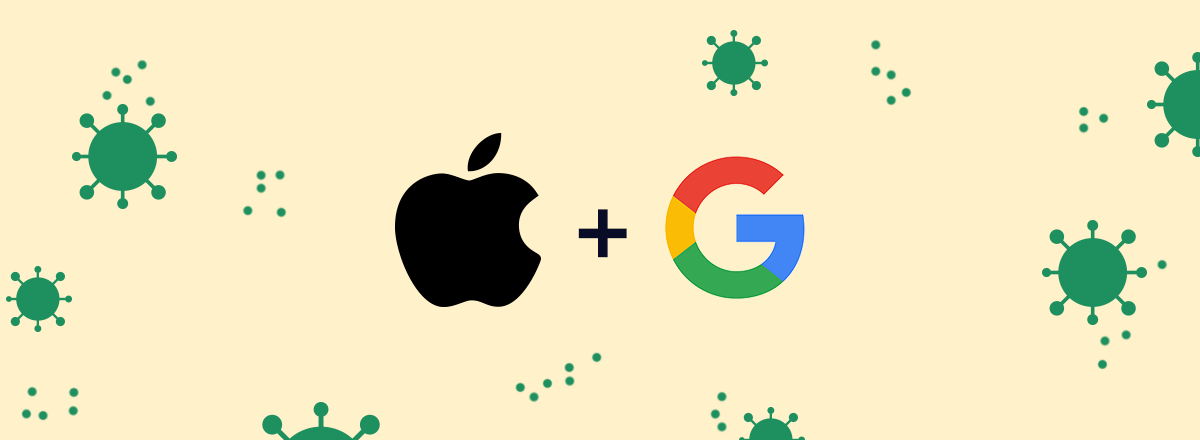
The platform's purpose is a timely warning about close contacts with patients with COVID-19. Cases of close interaction of phones are recorded via Bluetooth.
The #COVID19 Exposure Notification technology we built jointly with @Apple is now available to public health agencies in support of their contact tracing efforts. Our goal is to empower them with another tool to help combat the virus while protecting user privacy.
— Sundar Pichai (@sundarpichai) May 20, 2020
In this project, all collected data is anonymized. Also, the companies banned the transfer of users’ location data, as well as strictly limited the list of organizations that have access to the platform.
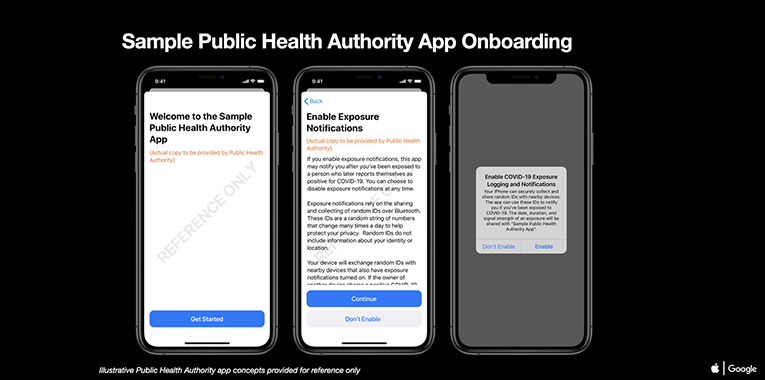
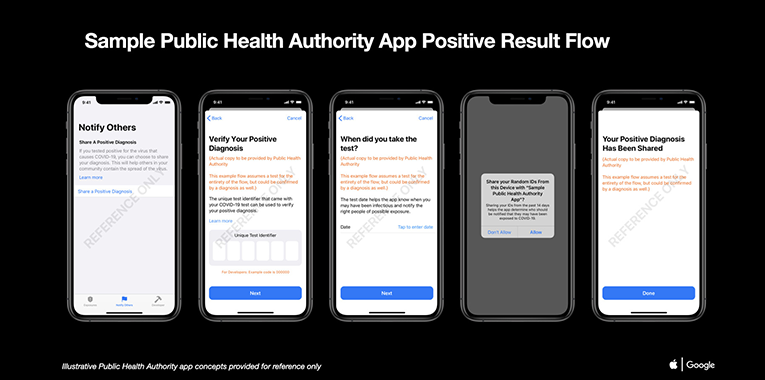
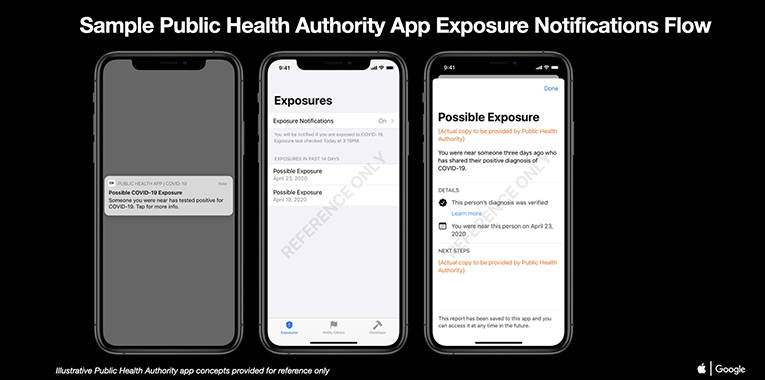
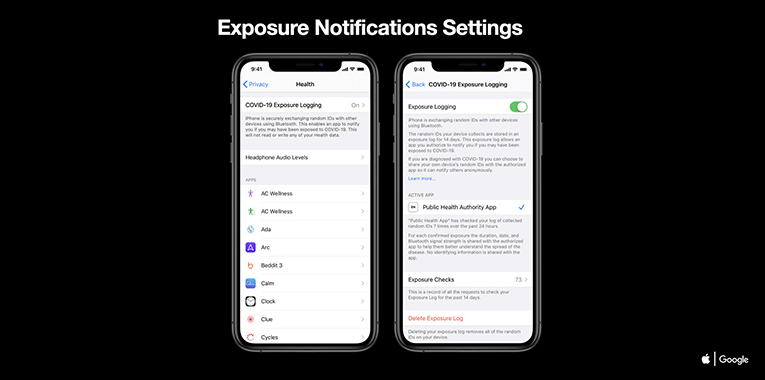
Apple and Google have provided access to the platform to health authorities in 22 countries and three US states, including Alabama, North Dakota, and South Carolina. They will now be able to take advantage of the technology by implementing its support in new and existing apps. The creators expect more countries to join the initiative in the coming weeks.
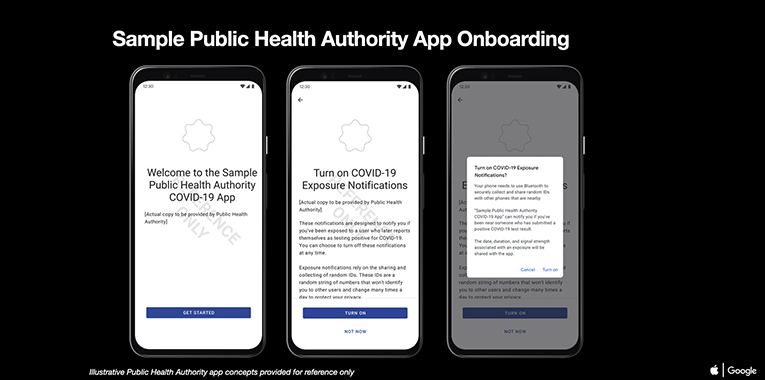
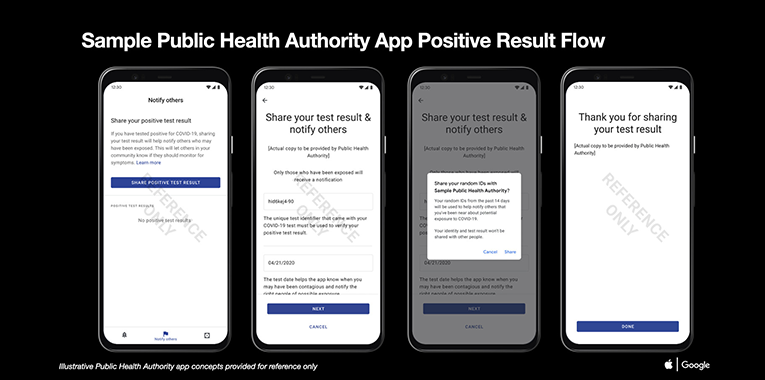
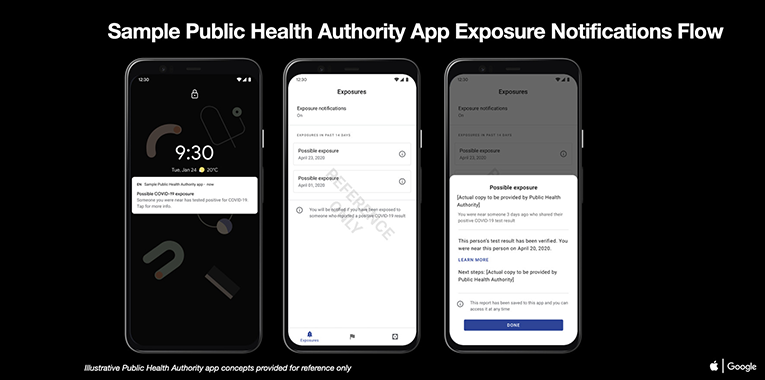
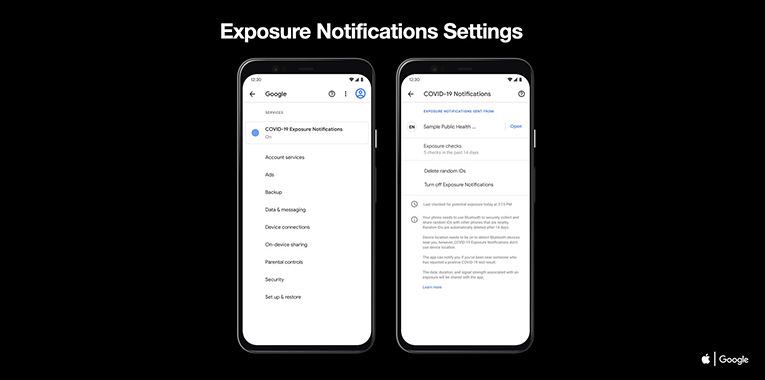
For Android and iOS platforms, updates that activate the technology have already been released. Thus, Apple and Google need about a month to launch the service.
Technology can help health officials rapidly tell someone they may have been exposed to COVID-19. Today the Exposure Notification API we created with @Google is available to help public health agencies make their COVID-19 apps effective while protecting user privacy.
— Tim Cook (@tim_cook) May 20, 2020
The release of the API and the integration of technology into healthcare organizations' official apps is only the first stage. Apple and Google will begin to integrate this functionality into the iOS and Android operating systems, and then it will not be necessary to download individual applications.
At last year's Google I/O 2019 developer conference, the tech giant said there were more than 2.5 billion active Android devices worldwide. Apple's last shared statistics in January this year listed 1.5 billion active iOS devices worldwide.
Meanwhile, the number of COVID-19 cases in the world exceeded five million people.

















